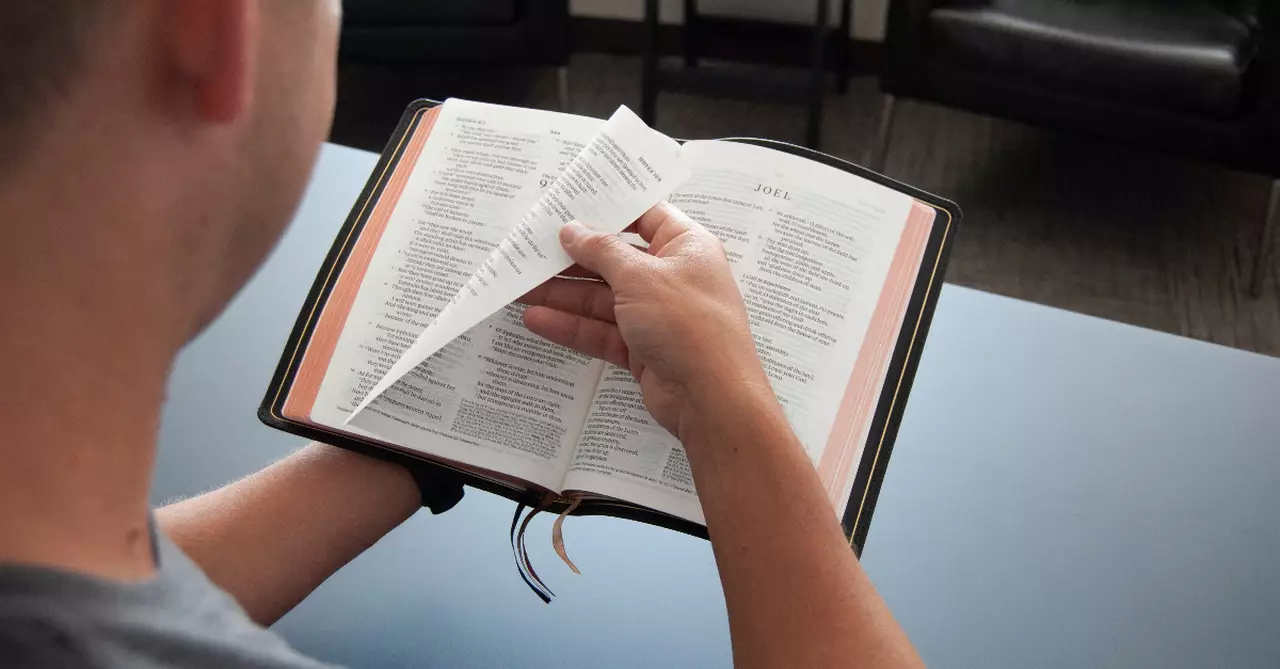
8 Proverbs to Decrease Anxiety and Increase Peace
Early in my faith journey, I’d read verses telling us not to worry or feel anxious, and I felt defeated when my emotions failed to adhere to biblical...
Early in my faith journey, I’d read verses telling us not to worry or feel anxious, and I felt defeated when my emotions failed to adhere to biblical truth. I’ve since discovered that to experience the freedom Christ died to give me, I need to apply all of Scripture.
When I first began learning how to align my thoughts, will, and actions with biblical principles, I found the simplicity in Proverbs particularly helpful. Following its practical instruction helped me eliminate behaviors that led to heightened anxiety, thereby allowing me to live with increased peace.
Here are 8 Proverbs I found most transformative.
3 Proverbs for Financial Worries
1. Don’t Be a Slave to Debt
“The rich rule over the poor, and the borrower is slave to the lender” (Proverbs 22:7).
Early in my marriage, my husband and I often fought about our inability to manage money. Our “date nights” frequently involved us around walking the mall and buying whatever captured our attention. Caught up in the fun and spontaneity in the moment, we rarely paused to consider how much we spent — until we maxed out credit cards. One Christmas, we faced a difficult choice: apply for more credit and slip further into debt or change our unhealthy relationship with material things.
Proverbs 22:7 helped us recognize how enslaved we were becoming to our creditors and inspired us to live differently.
Thankfully, the church we attended offered financial classes. We signed up and began changing the unhealthy spending habits that kept us on edge, in conflict, and could’ve led to disastrous results.
2. Don’t Chase a Quick Buck
“Those who work their land will have abundant food, but those who chase fantasies will have their fill of poverty” (Proverbs 28:19).
Our world provides numerous “get rich quick” schemes — opportunities and investments that promise wealth but, often, steal it from us. Unfortunately, con artists are skilled at speaking to our greed or fear of financial insecurity while diminishing our caution. As a result, according to some estimates, nearly 30% of adults in the United States have fallen victim to some type of financial fraud. Countless others have lost their homes, savings, and retirement funds pursuing a seemingly lucrative venture that proved highly unstable and left them destitute.
Proverbs 28:19 echoes this cliché: If something seems too good to be true, it likely is. By keeping this principle in mind and focusing on hard work and perseverance rather than hoping for that so called “fast buck,” we can avoid the pain and anxiety that comes when we’ve lost income through foolish endeavors.
3. Trust the Lord to Richly Provide
“Honor the Lord with your wealth, with the firstfruits of all your crops; then your barns will be filled to overflowing, and your vats will brim over with new wine” (Proverbs 3:9-10).
While this is a principle, not a promise, the premise stands. Adhering to God’s standards leads to increased stability in every area of our lives. This doesn’t mean we won’t encounter financial difficulty, but it does eliminate the “divine correction” one might receive when pursuing selfish gain and worshiping wealth rather than Christ.
When considering verses such as the above, it’s important to understand that if we’ve trusted in Jesus for salvation, we already live under God’s favor. We don’t need to strive and stress to evoke His attentive concern; every blessing and provisions we receive stems from His incomprehensible and unconditional love for us.
That said, His love also drives Him to respond to us and our choices as a wise and attentive Father. In other words, while He promises to meet our needs (Phil. 4:19), He cares for us too much to bless those things that, unmitigated, lead us to increased dysfunction, self-reliance, and isolation.
This highlights another principle tucked within Proverbs 3:9-10. Honoring God with our “firstfruits,” or the best of our figurative crops, implies that we’re seeking His guidance for all our resources. The more we do so, the less apt we’ll be to make foolish, and potentially expensive, decisions.
This also implies a level of trust and the awareness that the Lord owns it all. This reality, when grasped, combined with our awareness of His love, power, and sovereignty, helps alleviate the weight of feeling like our wellbeing rests solely on ourselves.
For encouragement on maintaining faith amid financial uncertainty, check out these two Faith Over Fear podcast episodes: Maintaining Faith Amid Financial Uncertainty and Finding Courage in Financial Uncertainty.


